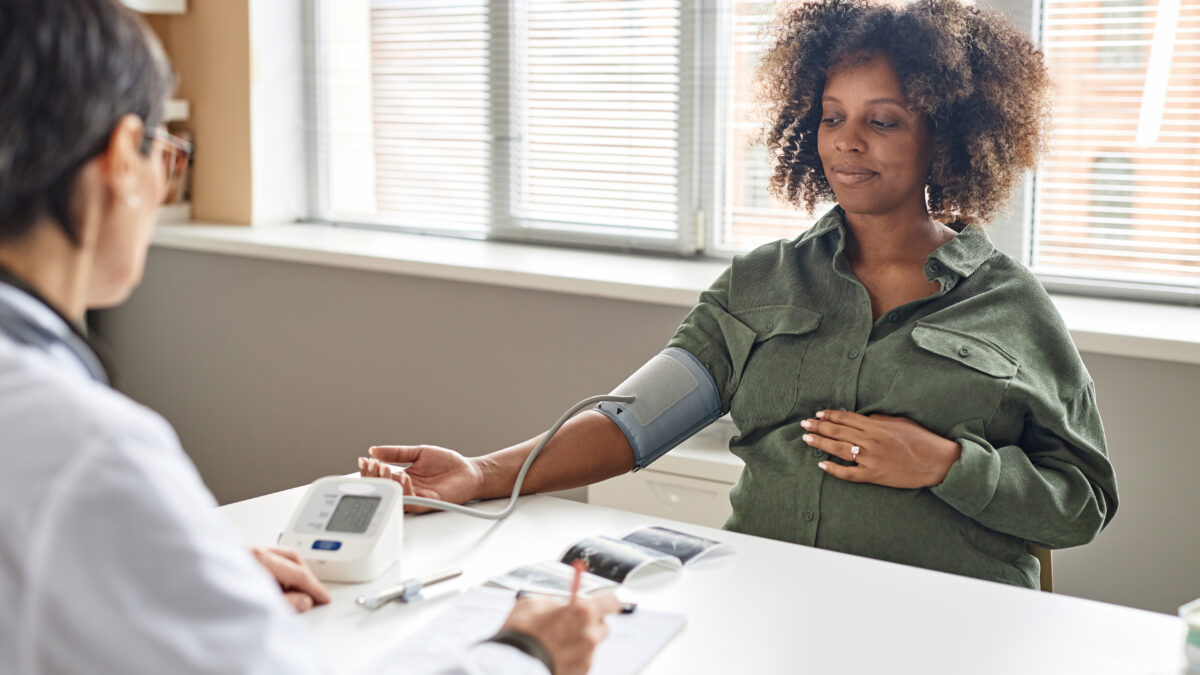Heart patients and advocates are taking a victory lap following news that CVS Caremark, one of the nation’s largest pharmacy benefit managers, will once again cover a popular blood thinner.
CVS Caremark conceded to adding apixaban back to its formulary effective July 1 for patients insured via commercial plans.
The announcement is a reversal of the pharmacy benefit manager’s decision to cover only one direct oral anticoagulant starting January 1, 2022. That policy decision, which resulted in approximately 150,000 patients being non-medically switched to a different medication, was sharply criticized for the risk it created for patients.
Anticoagulants are used to treat and prevent life threatening conditions like strokes and heart attacks that can occur when blood clots cause blockages. Abruptly stopping the medication is dangerous, even life threatening.
Standing Up for Patients
That concern for patients is what fueled the Partnership to Advance Cardiovascular Health to stand up against CVS Caremark’s decision to stop covering apixaban at the start of the new year.
Even before the policy was effective, PACH was joined by more than a dozen other patient and physician advocacy organizations in sending a letter to CVS. Hundreds of physicians expressed outrage and patients shared their stories online and in videos.
The intensity of the campaign influenced CVS Caremark to take the highly unusual step of reversing a coverage policy after only six months. PACH executive director Ryan Gough characterized the policy update as an “important change, but only a partial victory.” While the company will start covering apixaban again, two other lesser used anticoagulants removed in January will remain off formulary, according to CVS.
Increasing Awareness
More important than this one policy change, the campaign to reverse the forced switch from apixaban raised public and policymaker awareness of non-medical switching.
It’s one of many harmful policies PACH – which was formed long before the apixaban dispute erupted – works to counter as part of its mission to improve cardiovascular health for patients.
“This has never been about one medication or another,” Gough explained. “At the end of the day, this is about protecting patients.”





